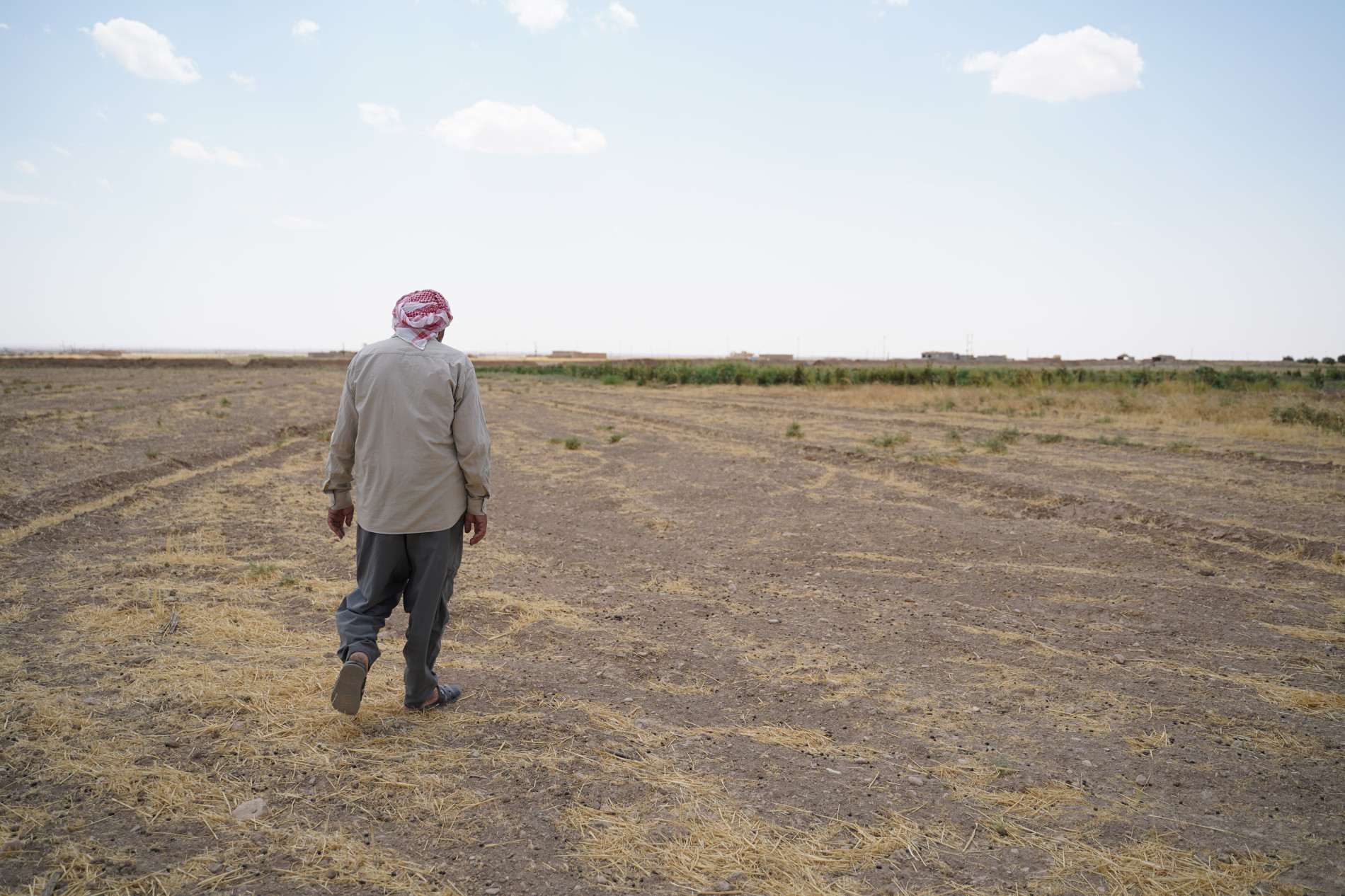
Climate resilience
For more than a decade, People in Need has been helping at-risk communities around the world cope with the effects of climate change and adapt to a changing planet. Our goal is to make our planet a better place not only for ourselves but for the nearly 10 billion people who will be sharing it in 2050. You can help us.
In the Middle East, People in Need is adopting a climate resilience aspect in all of its projects, such as installing solar panels to provide schools with clean energy, and water stations powered by solar power to studies about climate migration and the impact of climate on the region.
We are working to widen our interventions in climate resilience to help local communities in the Middle East to enhance their resilience by finding innovative solutions.
Ongoing ActivitiesORPast Activities

Livelihoods & Agriculture
Agricultural production in Syria has also plummeted since the start of the conflict, driving up prices for vulnerable families. Since 2014, People in Need has been training small farmers and providing them with vouchers to purchase much-needed seeds, fertilizers and tools.
Our cash-for-work activities provide short-term, temporary employment to vulnerable families to earn money through debris collection, street rehabilitation, repairing irrigation canals and schools, sowing school uniforms, and restoring water and power networks. This activity provides households a reliable income to meet their own household needs, promoting resilience and dignity whilst supporting communities and stimulating local markets.
- 1,226 farmers received vouchers for seeds and tools in 2020
- In 2020 19,090 people were supported through our cash-for-work programme

Improved School water supply, sanitation and Hygiene and reduced water-borne diseases in conflict-affected areas of Iraq

Rehabilitation of critical local infrastructure

